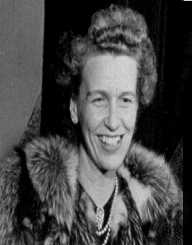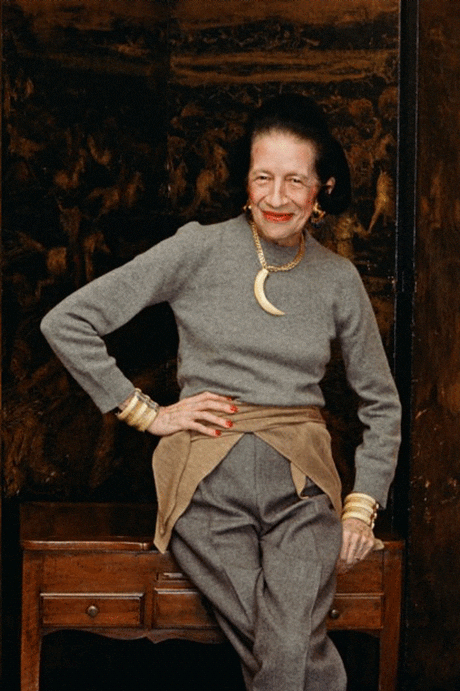

She wasn't a lot of things, but she felt that she had plenty on her plate, and she'd just do what she did. She had a unique character in that she wasn't really a society woman, nor a critic or a social activist. Her outlook was tremendously empowering, because she didn't impose anything on anyone.

You see so many people who say, "Oh, that jacket is too short," or "Her bun is terrible, and it shouldn't be there." She didn't work that way. And that was such a relief in a world of people who can be so outspoken in their criticism. She really believed that if you didn't have something positive to say, don't say anything. "The body of work she helped create at Bazaar is like a Fort Knox of visuals that still reverberate around in fashion today."įashion people can be very catty and judgmental, and put down others and criticize what they're wearing, but my grandmother wasn't from that school. Her use of words, her cadence, her playing with volume was so rich and dynamic that there was an exotic quality to her communication. She liked to walk and talk-not that we'd go very far, just a block or two, and then we'd get back in the car. She always wanted to know what my life was like and what I was doing and seeing, but she wasn't the kind of person to pepper you with questions the conversation was always spontaneous. In my teens, I went to school in Paris, and she would visit me whenever she came for work.

She certainly wasn't the kind of grandmama who would cook a big pot of pasta on the stove. I knew from the beginning that my grandmother was different.

If you have to count the bags, you know it's too many! There was always a major procession of Louis Vuitton trunks, and after every trip she took they had to go back to Louis Vuitton to be refitted. We visited German castles, and I remember having a wonderful picnic lunch in Remagen, where the Allies crossed the Rhine during World War II. She and my grandfather came to Bonn and spent a week with us. She was working at Harper's Bazaar at the time, and I was living in Germany with my family. My first memory of my grandmother is from when I was about five years old. But her imagination gave her images that sense of dreaminess. Of course, if she had been a bookkeeper or a newscaster and was romanticizing facts and figures, then that would be worrisome. It's how she inspired people like Richard Avedon to create these amazing, fantastic pictures. I didn't want to say, "No, I go to school on a bus." Her romantic visions were part of why she was so successful. And it didn't seem necessary to tamper with it. To this day she would still believe that. My family and I lived in Morocco for a while when I was a child, and she was convinced that I went to school on a horse and had a camel in the backyard. My grandmother had a tendency to romanticize.


 0 kommentar(er)
0 kommentar(er)
